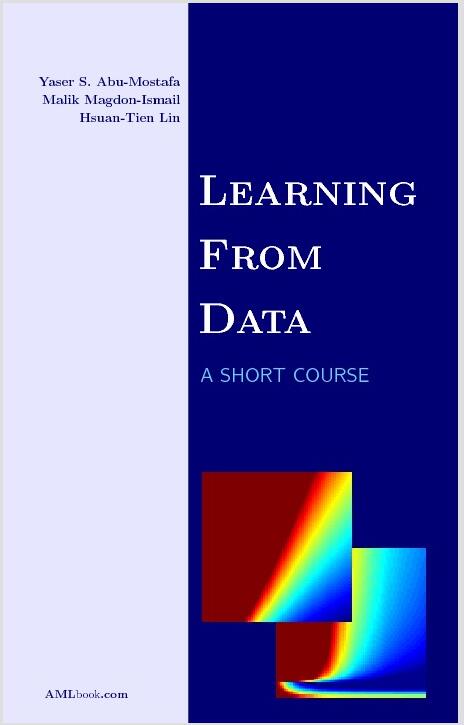
资料内容:
The Learning Pro bl em
If you show a picture to a three-year-old and ask if there is a tree in it, you will
likely get the correct answer. If you ask a thirty-year-old what the definition
of a tree is, you will likely get an inconclusive answer. We didn't learn what
a tree is by studying the mathematical definition of trees. We learned it by
looking at trees. In other words, we learned from 'data'.
Learning from data is used in situations where we don't have an analytic
solution, but we do have data that we can use to construct an empirical solu
tion. This premise covers a lot of territory, and indeed learning from data is
one of the most widely used techniques in science, engineering, and economics,
among other fields.
In this chapter, we present examples of learning from data and formalize
the learning problem. We also discuss the main concepts associated with
learning, and the different paradigms of learning that have been developed.
1.1
Problem Setup
What do financial forecasting, medical diagnosis, computer vision, and search
engines have in common? They all have successfully utilized learning from
data. The repertoire of such applications is quite impressive. Let us open the
discussion with a real-life application to see how learning from data works.
Consider the problem of predicting how a movie viewer would rate the
various movies out there. This is an important problem if you are a company
that rents out movies, since you want to recommend to different viewers the
movies they will like. Good recommender systems are so important to business
that the movie rental company Netflix offered a prize of one million dollars to
anyone who could improve their recommendations by a mere 103.
The main difficulty in this problem is that the criteria that viewers use to
rate movies are quite complex. Trying to model those explicitly is no easy task,
so it may not be possible to come up with an analytic solution. However,

